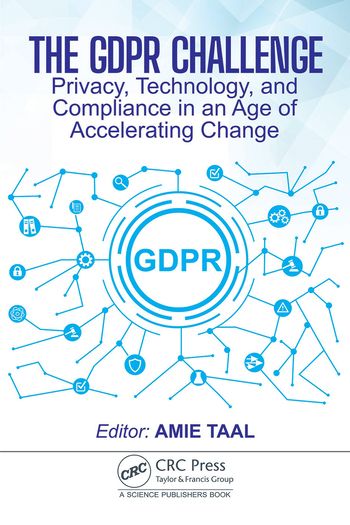
Consent is necessary for collecting, processing and transferring Personal Identifiable Information (PII) and sensitive personal data. But to what extent? What are the limitations and restricts to avoid penalties under The General Data Protection Regulation 2018 (GDPR) rules, which may be, up to 4% of annual global turnover or €20 million (whichever is higher), enforcements and sanctions? Under GDPR Article 51, each EU Member State shall provide an independent public authority to be responsible for monitoring the application of this regulation to protect the fundamental rights of data subjects (Supervisory Authority). The Supervisory Authority has powers to issue warnings, conduct audits, recommend remediation, order erasure of data and suspend data transfers to a third country. GDPR has changed the way data is used, accessed and stored. GDPR, reach extends well beyond the European Union and is the basis of other data privacy laws around the world.
This book provides a review and guidance on implementing and compliance of GDPR while taking advantage of technology innovations and supported by real-life examples. The book shows the wide scope of applications to protect data privacy while taking advantage of processes and techniques in various fields such as eDiscovery, Cyber Insurance, Virtual-based Intelligence, Information Security, Cyber Security, Information Governance, Blockchain and Biometric technologies and techniques.